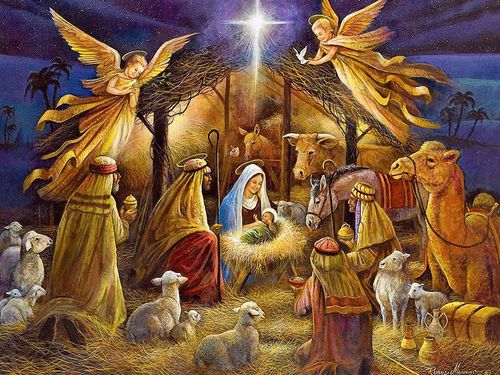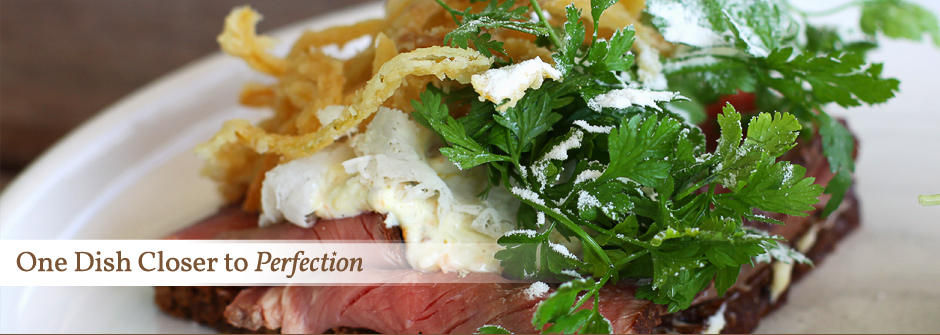Las Posadas
 Saturday, December 16, 2017 at 9:32PM
Saturday, December 16, 2017 at 9:32PM 
This article first appeared on the Borough Market website as part of a 3 part series I am writing exploring lesser-known religious traditions in December from around the world.
En el nombre del cielo (In the name of heaven)
os pido posada (I ask you for lodgings)
Pues no puede andar (For she can’t walk further)
mi esposa amada (my beloved wife)
So begins the call and response song between the procession of peregrinos (pilgrims) and posaderos (innkeepers) re-enacting Joseph and Mary’s journey from Nazareth to Bethlehem looking for a safe place for Mary to rest and give birth.
Las Posadas, a festival celebrated between 16th and 24th December in Latino countries, commemorates this journey. It is particularly important in Mexico, where it has been celebrated for over 400 years. The 9 nights of the festival are most commonly said to represent the 9 months that Jesus was in Mary’s womb, though some say they represent a 9-night journey.
On each night of the festival, children dressed as biblical characters – Mary and Joseph, angels and shepherds – lead a procession. Adults follow behind, some playing musical instruments. They march to different homes and sing the Villancico para pedir posada (Carol to Ask for Shelter).
Aquí no es meson (Here there is no room)
sigan adelante (go on ahead)
Yo no puedo abrir (I cannot open)
no sea algún tunante.(you could be a rogue)
The pilgrims go on to plead with the innkeeper to show some charity. They are turned away several times before they are finally welcomed at a home pre-selected as the host for that night’s festivities.
As part of the celebrations there are readings from scripture, more songs and the quintessential piñata, without which no Mexican party would be complete. The piñata for Las Posadas is shaped like a star, representing the guiding light that led the Three Wise Men to Mary and Joseph. It is usually filled with sweets and toys for the children.
“Food is the means through which all meaningful bonds of reciprocity are enacted”, writes anthropologist Anne Vallely in her article ‘Food and Religion’. It is “the means through which allegiances are forged, and social bonds strengthened.”

Some popular festive foods shared at Las Posadas celebrations are pozole (a spicy hominy stew made with chicken or pork), roasted adobada (marinated) pork, tamales (corn dough steamed in banana leaves with fillings, such as meat, fruit or cheese), bunuelos (crispy fried pastries with sugar and cinnamon) and bacalao navideno (Christmas salt cod). Drinks, like ponche (a hot punch) or apple cider are also consumed as part of the festivities and often offered as refreshments at the stops along the way to the final ‘shelter’.
Las Posadas celebrates and reaffirms family and Christian values. It is a festival of acceptance and hospitality. In encouraging people in towns and villages across Mexico to come together, open their homes and share food and drink with their neighbours, it strengthens social ties and builds a strong sense of community.
See my recipe for pozole rojo here or on the Borough Market website.
 Vix |
Vix |  Post a Comment |
Post a Comment |  Borough Market,
Borough Market,  Mexico,
Mexico,  commensality,
commensality,  festive in
festive in  Religion
Religion 
Reader Comments